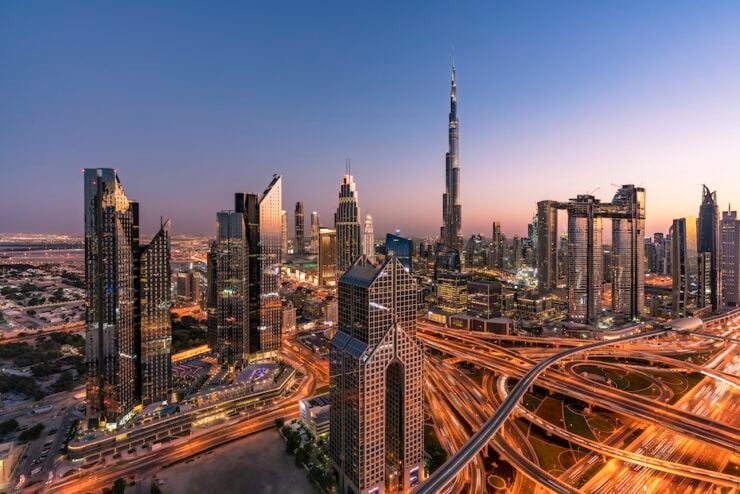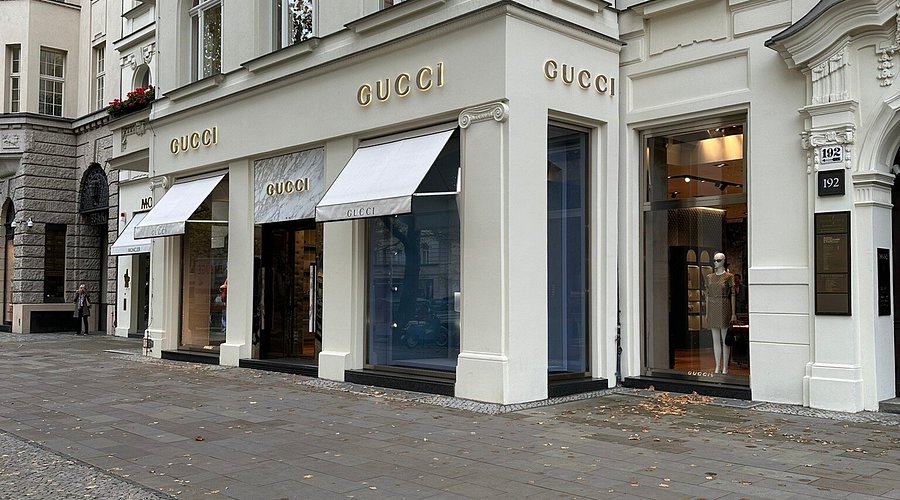Wealth Migration Shapes New Gourmet Capitals for the Ultra Affluent
By
John Carter
Last updated:
September 17, 2025
First Published:
September 17, 2025

Getty Images
As high net worth individuals relocate across the globe, their choices are influencing more than real estate markets. Cities and regions once overlooked are now emerging as gourmet capitals, driven by the influx of affluent residents who demand exceptional dining experiences. This trend is transforming the culinary landscape and creating new epicenters of gastronomic innovation.
The role of wealth migration
Wealth migration occurs when the ultra-rich move to locations offering favorable tax policies, lifestyle amenities, or political stability. Beyond financial reasons, these individuals bring with them a refined taste for food, wine, and dining culture. Their presence directly impacts local restaurant scenes, encouraging chefs and entrepreneurs to elevate culinary standards.
Redefining culinary hubs
Traditional gourmet cities like Paris, New York, and Tokyo are no longer the sole benchmarks. Emerging cities such as Lisbon, Dubai, and Singapore are rapidly gaining recognition. Wealth migration has catalyzed this shift, prompting local businesses to adapt and cater to international tastes while introducing innovative dining concepts.
Investment in food culture
High net worth newcomers are not just consumers; they are investors. Luxury dining establishments, boutique wineries, and artisanal producers receive funding and patronage, fostering a thriving gastronomic ecosystem. This infusion of capital enables culinary talent to experiment and create exclusive experiences that were previously unattainable.
Private dining and exclusivity
The wealthy increasingly favor private dining experiences over crowded, public venues. This preference drives the development of hidden restaurants, chef’s tables, and bespoke tasting menus. Gourmet experiences are curated with attention to detail, offering intimacy and discretion alongside exceptional cuisine.
Cultural fusion and innovation
The movement of affluent individuals promotes a fusion of global culinary traditions. Chefs are inspired to blend flavors, techniques, and ingredients from different parts of the world, resulting in innovative menus that appeal to sophisticated palates. This cross-pollination enriches local food culture and attracts culinary tourists seeking novel experiences.
Luxury food as a lifestyle marker
Fine dining is now intertwined with status and lifestyle. Experiencing rare ingredients, Michelin-starred chefs, and exclusive venues serves as a symbol of refined living. Wealthy individuals use food as a way to express identity, taste, and social distinction.
Economic and social impact
The influx of affluent food enthusiasts benefits local economies by creating jobs, encouraging tourism, and stimulating artisanal production. Culinary districts flourish, boutique markets expand, and hospitality standards rise, reshaping the urban fabric of emerging gourmet capitals.
Sustainability and conscious dining
Wealth migration also influences sustainability in gastronomy. Eco-conscious affluent consumers encourage farm-to-table practices, organic sourcing, and ethical production methods. This trend pushes chefs and restaurateurs to balance luxury with responsibility, creating a new standard for gourmet excellence.
The future of global gastronomy
As wealth continues to move geographically, the map of gourmet destinations will evolve. Emerging culinary hubs will continue to attract attention, innovation, and investment. For the ultra-affluent, food has become both a personal passion and a marker of influence, shaping the way cities and cultures experience luxury dining.
Subscribe to unlock premium content
Sed at tellus, pharetra lacus, aenean risus non nisl ultricies commodo diam aliquet arcu enim eu leo porttitor habitasse adipiscing porttitor varius ultricies facilisis viverra lacus neque.
A comprehensive guide on Agile development

10 Productivity tools that are worth checking out

Top 7 Must have management tools for productivity

A comprehensive guide on Agile development

10 Productivity tools that are worth checking out

A comprehensive guide on Agile development








.png)
